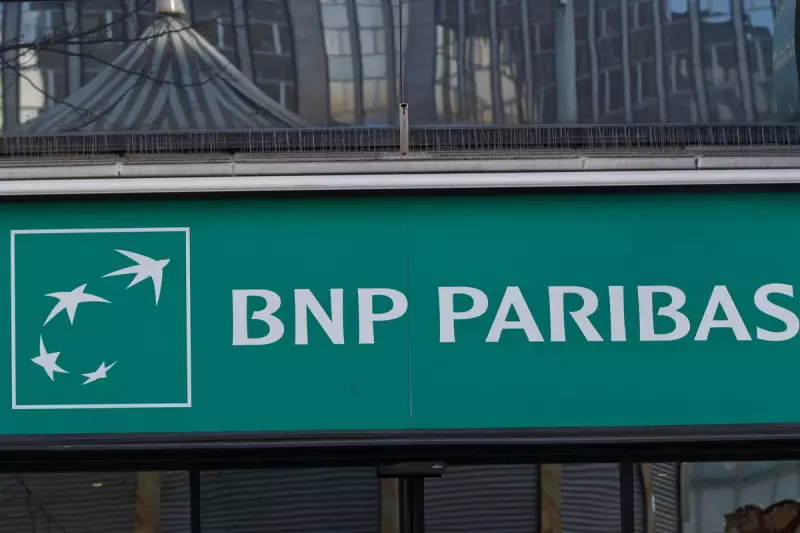
In a dramatic legal development that has sent shockwaves through international banking circles, French financial powerhouse BNP Paribas finds itself at the centre of a major controversy. The institution stands accused of processing approximately $150 million in transactions for former Sudanese dictator Omar al-Bashir, a man wanted globally for genocide and war crimes.
The Lawsuit That Could Redefine Banking Accountability
Legal representatives have filed a groundbreaking lawsuit in a New York federal court, alleging that between 2002 and 2008, BNP Paribas facilitated substantial financial transactions for al-Bashir's regime. This legal action emerges from a 2014 case where the bank pleaded guilty to violating US sanctions against Sudan, Cuba, and Iran, resulting in a staggering $8.9 billion penalty.
A Pattern of Controversial Banking Practices
The current lawsuit represents a significant escalation, directly linking the bank's operations to a specific individual accused of atrocities. French lawyers involved in the case argue this establishes a disturbing pattern of the bank turning a blind eye to the nature of the regimes it served.
What makes this case particularly compelling is the timing and context. The transactions occurred during a period when al-Bashir's government was internationally condemned for its actions in Darfur, where hundreds of thousands of people were killed and millions displaced in a conflict that drew accusations of genocide.
The Legal Battle Ahead
The plaintiffs are seeking substantial damages, arguing that the bank's actions effectively provided financial support to a regime responsible for widespread human rights abuses. This case could set a crucial precedent for holding financial institutions accountable for their role in facilitating transactions for governments and individuals accused of severe human rights violations.
Legal experts suggest this lawsuit represents a growing trend of using civil litigation to address corporate complicity in international crimes. The outcome could influence how global banks conduct due diligence on politically exposed persons and regimes with questionable human rights records.
As the case progresses through the New York court system, it raises fundamental questions about corporate responsibility and the ethical obligations of financial institutions operating in high-risk jurisdictions. The banking world watches closely, aware that the verdict could reshape international banking compliance standards for years to come.





